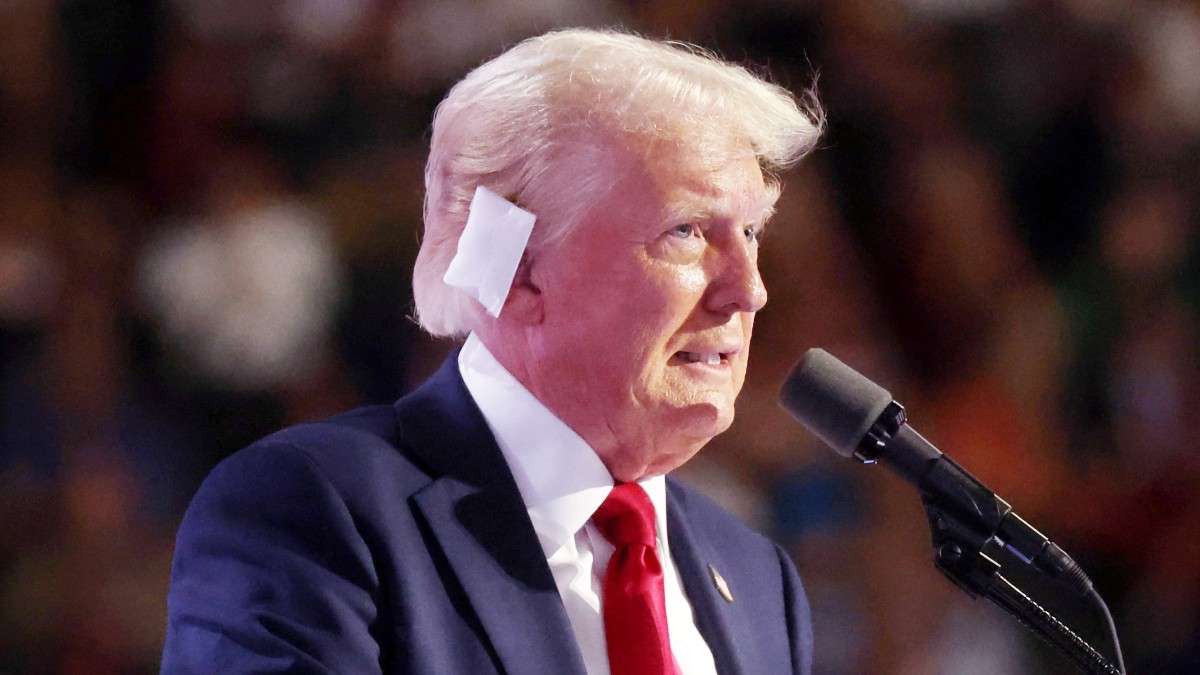As the Republican National Convention (RNC) unfolds in Milwaukee, the spotlight isn’t just on who’s there but also on who’s conspicuously absent. That’s because some prominent Republicans refuse to support Donald Trump for a second term.
The transformation of the Republican Party under Trump’s influence has been nothing short of seismic. Once the respectable party of Reagan, it now marches to the beat of a very different drum – one that’s caused quite a few of its members to cover their ears and run for the hills. As such, the 2024 RNC has become a litmus test for party loyalty, with several high-profile Republicans choosing to skip the event and distance themselves from Trump’s increasingly erratic political circus.
Mitt Romney: The principled republican
Remember Mitt Romney? The guy who ran against Obama in 2012 and lost but at least did it with a modicum of dignity? Well, he’s back in the spotlight, but this time for giving Trump the cold shoulder.
As the current U.S. Senator from Utah, Romney has been a thorn in Trump’s side since day one. Romney’s refusal to attend the RNC or support Trump stems from his deep-seated concerns about the former president’s character and the threat he poses to democratic institutions. Romney has even hinted at the possibility of voting for Biden in November, a bombastic declaration from the GOP’s former Presidential candidate. At the time, Romey made it clear he wouldn’t vote for Trump under any circumstances. While Romney didn’t pick up Biden’s banners (yet), that speaks volumes about the dissent at the heart of the GOP.
Liz Cheney: The conservative rebel
If one person has been giving Trump more headaches than a toupee in a windstorm, it’s Liz Cheney. The former Wyoming Representative has become Trump’s most vocal Republican critic since the Jan. 6 attack on the Capitol, when the Orange Man supported anti-democratic demonstration from his fanatic followers.
Cheney’s opposition to Trump cost her both her GOP House leadership position and her congressional seat. But like a conservative phoenix rising from the ashes of her political career, she even considered forming a “fully conservative” third party. Yes, you read that right. Trump’s unstable personality has led even a veteran Republican to consider founding a party to compete with the GOP.
Mike Pence: The ex-sidekick turned rival
Oh, how the mighty have fallen – or, in this case, how the sycophantic have found their backbone. Mike Pence, Trump’s former Vice President and professional head-nodder, has decided to skip the RNC and withdraw support from his former boss.
Pence’s journey from Trump’s yes-man to vocal critic has caused severe damage to his political career, with followers of the Orange Man even chanting for the ex-VP’s death. Who knew that being nearly sacrificed to an angry mob would be a deal-breaker? The fact remains that even a Republican who walked through the White House’s hall as Trump’s loyal right-hand man has turned his back on the GOP’s questionable decision for the 2024 Presidential race.
Susan Collins: The moderate maverick
Maine Senator Susan Collins, known for her moderate stance and ability to furrow her brow in concern, has also decided to sit out this year’s Trump-fest. Collins, who voted in favor of Trump’s unprecedented impeachment trial, is still confident that the Orange Man is not suited to rule the country for a second term.
As the top-ranking Republican on the Senate Appropriations Committee, Collins wields more power than you might think. Her refusal to endorse Trump is a good thermometer of how the GOP is burning bridges with their more rational allies.
George W. Bush: The ghost of Republicans past
Last but not least, we have George W. Bush, the former president who’s been conspicuously absent from the political stage since leaving office. Bush’s decision to skip the RNC is less of a surprise and more of a continuation of his “thanks, but no thanks” approach to post-presidential politics.
Nevertheless, Bush’s absence is a stark reminder of how much the Republican Party has changed since his presidency. It’s like comparing apples to very loud, very orange oranges. His non-attendance underpins the gulf between the GOP of yesteryear and the Trump-centric party of today, as Republicans trade a cohesive political program for mediatic spectacle.

